Google’s Simon Kahn crystal gazes into the future of digital immersion
“The next wave of technology will assist us, augment our experience and will help us accelerate things we need to get done,” predicts Simon Kahn, Chief Marketing Officer, Google APAC.
While speaking on ‘The Future of Digital Immersion’ at the recently concluded IAA Word Congress in Kochi, Kahn noted that digital immersion is moving away from the current digital and moving towards evolving tech. With this, people need to evolve in their ways to use the devices of technology. The interfaces are becoming more natural and the future devices will be more intuitive.
While speaking on the ways that technology is assisting humans, Kahn said that the most progress has been seen in the area of speech recognition. “We are now up to near human quality in speech recognition. Computers are being trained to understand gestures and act accordingly. In India recently, we worked with Flipkart when they wanted to add the experience of haggling for the Big Billion Bay sales. It resulted in millions of interactions with the tool, with the average time of engagement for at least 6 minutes.”
He added that communication is also about gesture and non-verbal cues, hence Google is training computers to replicate the same, which will result in breaking down of physical world barriers. He also stressed on understanding the cultural references and nuances, which devising such communication tech and keep it relevant to the local language and slangs for the tech to be more acceptable.
Digital tech can augment users’ experience as we are moving from the world from online to offline to the non-line world. Citing an example, Kahn said, “Think about handmade tailor-made clothes, which involve so many processes. We were involved with ZoZo Town, the largest online fashion store in Japan for an application called ZoZo Suit, which can take 15,000 measurements of your body so the clothes fit exactly as you want, giving a 3D augmentation.”
Another ability that Google has developed is to make the camera more functional and go beyond just capturing memories by developing the Google Lens. “You can do a lot with Google Lens and make it more insightful and informative and use it for practical application.
Kahn further said, “We are able to accelerate a lot of changes through tech with the advancement in Artificial Intelligence and Machine Learning; now we can address fundamental challenges of the human race. We have an open source platform that helps people tackle issues in developing countries. For example, we have trained computer models to do diagnose health issues like diabetic retinopathy and cardiac problems and we are already close to the level of specialists.”
He also mentioned that in India, the tech company is working with start-ups like Nebula that is working to find the solution to the biggest challenge for the rural community – getting a fair price for their agricultural produce. Nebula’s team does 3D rendering of each grain and provide grain information to settle on a price so that the farmers don’t have to be at a disadvantage by selling their produce cheaper to traders, while at the same time the consumers have the exact information on what they are buying.
“Radical changes are coming in the next few years, where digital tech will transform and will assist us, augment our experience and accelerate our learning to tackle the biggest problems faced by humanity,” Kahn concluded.





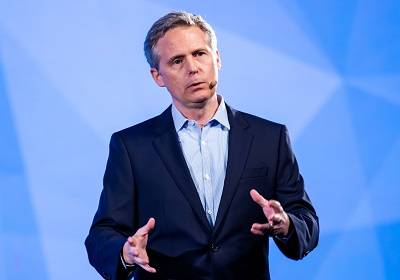
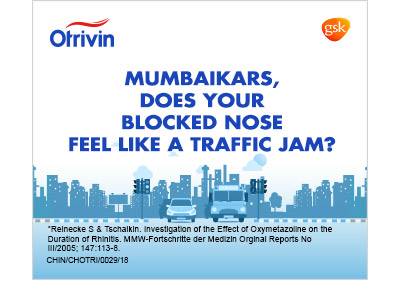


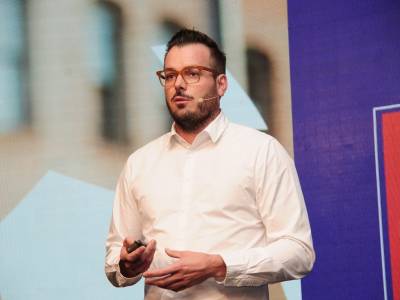
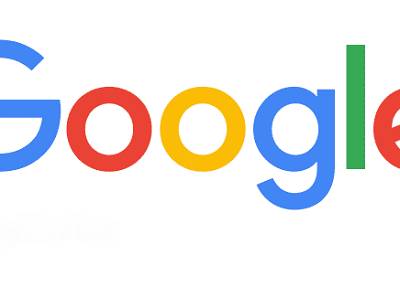

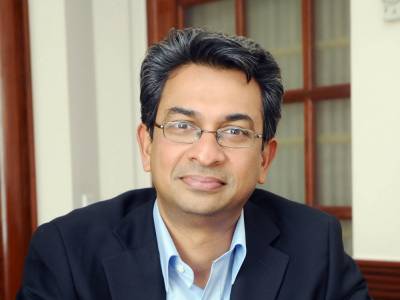

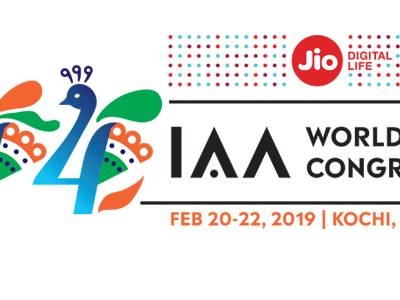
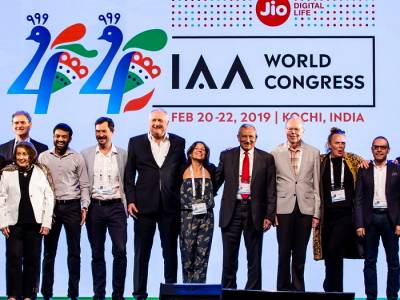
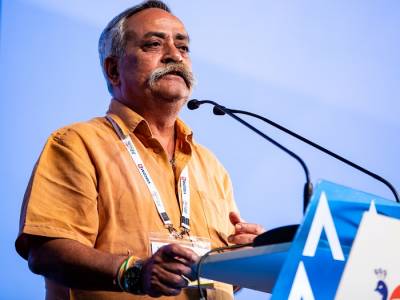



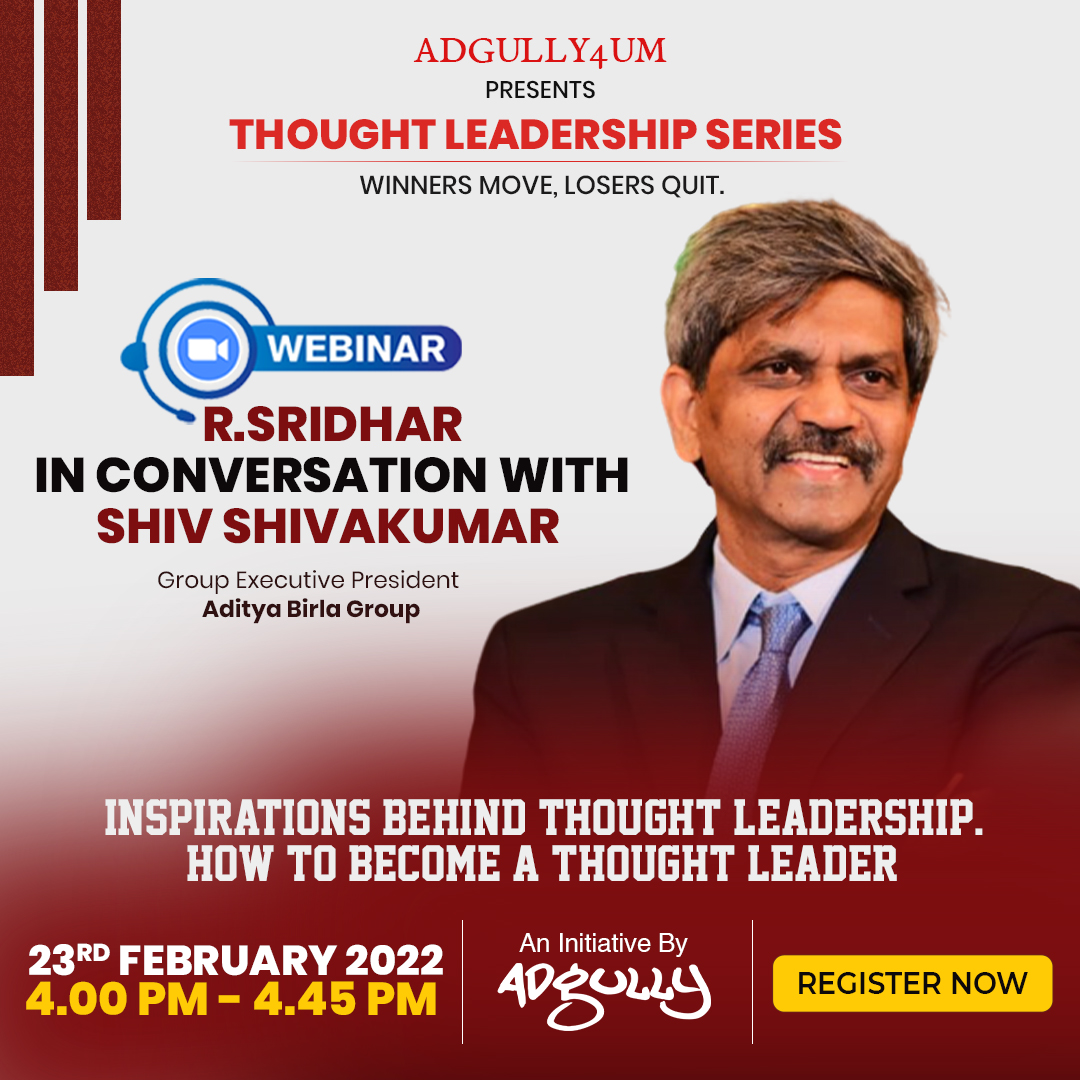
Share
Facebook
YouTube
Tweet
Twitter
LinkedIn